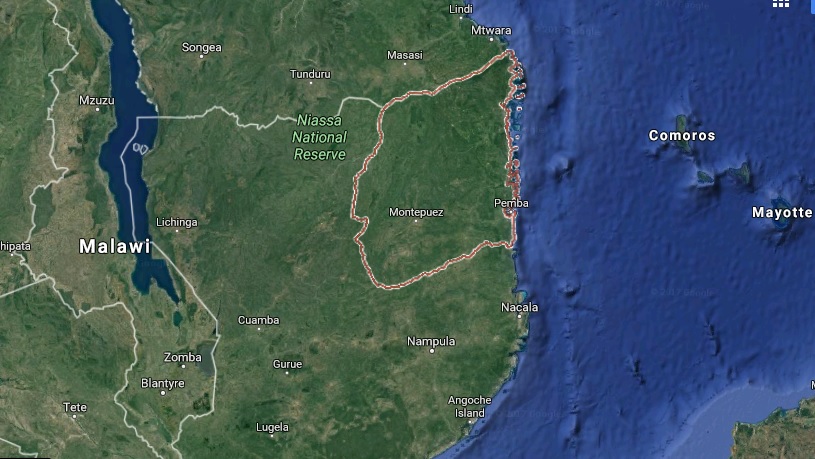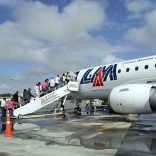Is the UK about to get dragged into Iran-Israel conflict?
Mozambique attacks: Government forces reveal “strange inoperability”, analysts say

Analysts in Mozambican conclude that there is a “strange inoperability” and “lack of motivation” on the part of Mozambique’s Defence and Security Forces in the face of attacks by armed groups in northern Mozambique, advocating strong military leadership to restore order.
Speaking to Lusa, Adriano Nuvunga, a political scientist and director of the Centre for Democracy and Development (CDD), a Mozambican civil society organisation, cited reports that the Defence and Security Forces withdrew without resistance in the face of assaults, in the space of less than 48 hours, on the district headquarters of Mocímboa da Praia and Quissanga, manifesting thereby a “strange inoperability”.
“It is a strange inoperability that a regular army does not engage armed groups that manifest a mixture of organisation and amateurism, as may be seen from the images we have seen,” said Nuvunga.
The fact that some members of the armed groups operating in Cabo Delgado are dressed in uniforms of government forces may even suggest that the defence and security forces have been infiltrated.
“Even when the government army faced a more ferocious and organised guerrilla during the 16 years of civil war, in the shape of Renamo, we did not see weakness like this,” Nuvunga said.
Fernando Lima, analyst and president of Mediacoop, the oldest private media group in Mozambique, also sees as “manifest incapacity” the inaction of government forces during the most recent armed attacks in Mocímboa da Praia and Quissanga.
“In the absence of more consistent elements of analysis, because I am not on the ground, I cannot fail to see a manifest inability of the defence and security forces in the management of the violence [which occurred] in the last two episodes in Mocímboa da Praia and Quissanga,” Lima said.
Juma Aiuba, an analyst living in Nampula province, next door to Cabo Delgado, says that the inertia of the defence and security forces denotes demotivation and lack of leadership.
“There seems to be a voice saying: ‘We are not going to fight, it doesn’t matter, we have nothing to gain from this’,” Aiuba said.
Aiuba points out that a degree of unpreparedness can be seen in the fact that the police and the army are always caught off guard.
“It gives the impression that the police and the army never know when there will be an attack, that we have no military counterintelligence, that there is a lack of preparedness,” he noted.
Armed groups attacked the town of Quissanga, a district headquarters in Cabo Delgado, northern Mozambique, early on Thursday morning, putting a large proportion of the population to flight, residents report.
It was the second invasion village by the movement terrorising the region, after it on Monday occupied the town of Mocímboa da Praia, one of Cabo Delgado’s main urban areas, for almost the whole day, claiming a number of victims and damages yet to be assessed.
Mocímboa da Praia is located about 90 kilometres south of the natural gas megaprojects being developed in the region, while Quissanga is 200 kilometres south, closer to the provincial capital, Pemba.
For two-and-a-half years, the province of Cabo Delgado has been the target of attacks by armed groups that international organisations classify as a terrorist threat, and which have killed at least 350 people, in addition to subjecting an estimated 156,400 to loss of property or forcing them to abandon their homes and land in search of safety.













Leave a Reply
Be the First to Comment!
You must be logged in to post a comment.
You must be logged in to post a comment.